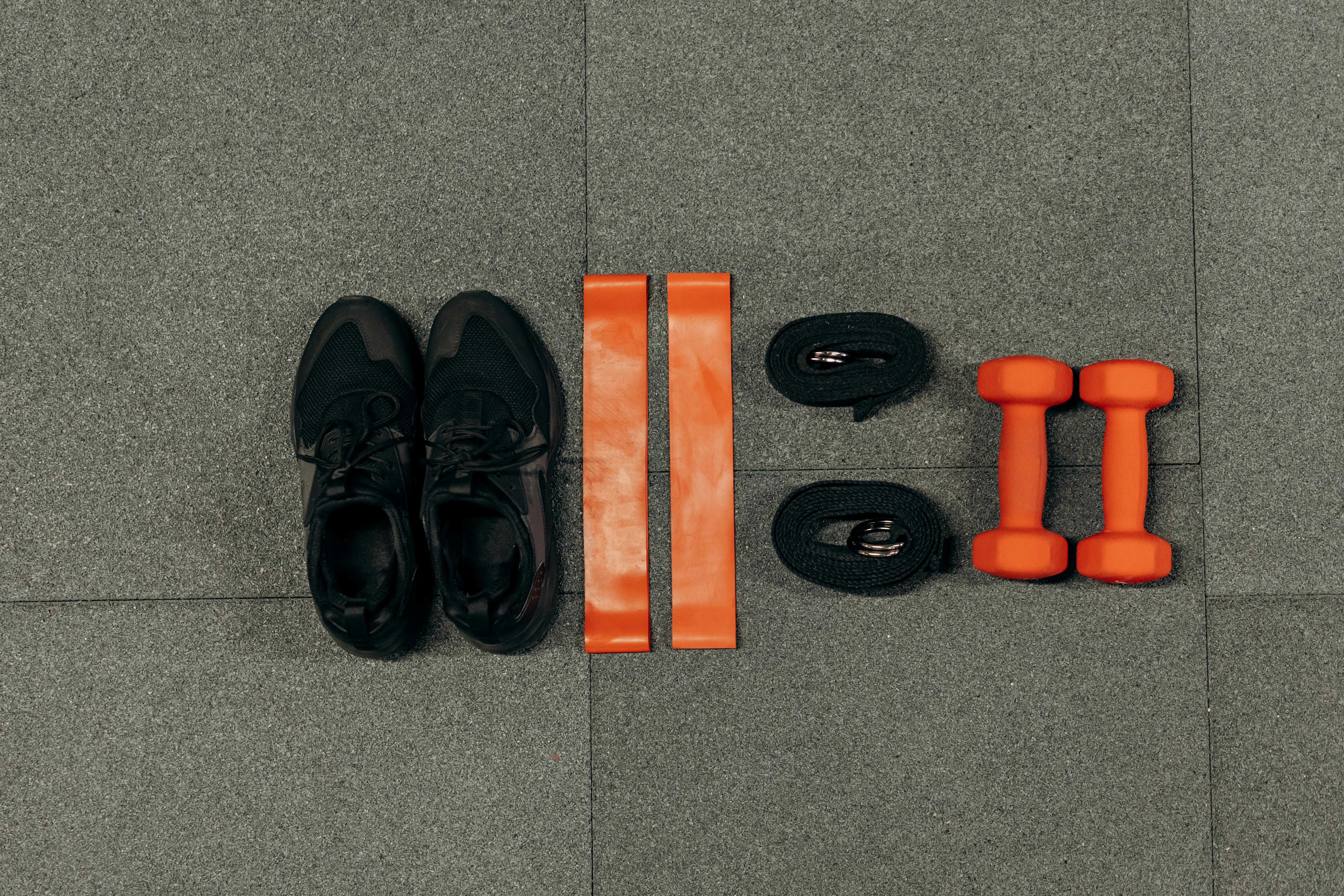How to bounce back after the excesses of the holidays!

L’après-fête: Doit-on s’inquiéter?
Les vacances peuvent abriter quelques moments d’excès. De l’abondance des repas festifs à l’inattention à notre routine habituelle, tout cela peut engendrer une forme de « lendemain de fête ».
Ce n’est pas une fatalité. Nous avons la possibilité de remettre les pendules à l’heure. Comment? Suivez-moi. Je suis là pour partager ma recette de remise en forme post-fête.
Stay hydrated
L’eau est la vie. Sans elle, notre corps peine à fonctionner. L’un des premiers pas à faire est de reprendre une bonne hydratation. Investissez dans une gourde et gardez-la avec vous en toute situation. S’hydrater favorise l’élimination des toxines souvent accumulées durant ces périodes festives.
A healthy, balanced diet
C’est le moment de revenir à des habitudes plus saines. Oui, ces sucreries étaient délicieuses. Mais pour notre santé, nous devons réduire leur consommation. Adoptez un régime riche en fruits et légumes. Pensez aussi aux protéines et aux fibres. Évitez la malbouffe et les repas trop lourds. Retournez à un équilibre alimentaire, votre corps vous en remerciera.
Get back into sport
Bouger c’est vivre! Il est essentiel de reprendre une routine sportive après les vacances. Cela peut être aussi simple que de faire une marche quotidienne. Ou encore, prenez l’habitude de faire du yoga ou du vélo. Peu importe l’activité choisie, l’important est de faire travailler votre corps. Cela vous aidera à éliminer les excès tout en renouvelant votre énergie.
Take time for yourself
N’oubliez pas de vous accorder du temps. Un bon livre, un bain relaxant, une séance de méditation. Ces moments sont cruciaux pour l’équilibre de notre esprit. Ils nous permettent de nous recentrer et de nous remettre en forme sur tous les plans.
Quality sleep
Le sommeil est indispensable pour une remise en forme efficace. Assurez-vous de dormir les heures nécessaires et d’opter pour un sommeil de qualité. Aussi, coupez-vous des écrans avant de vous coucher, cela favorisera un sommeil plus réparateur.
In conclusion
Rebondir après les excès des fêtes est à la portée de tous. Il suffit d’un peu de discipline et d’amour pour soi. Restez hydraté, mangez sainement, bougez, prenez du temps pour vous et dormez bien. Suivez ces conseils pour une remise en forme réussie.









